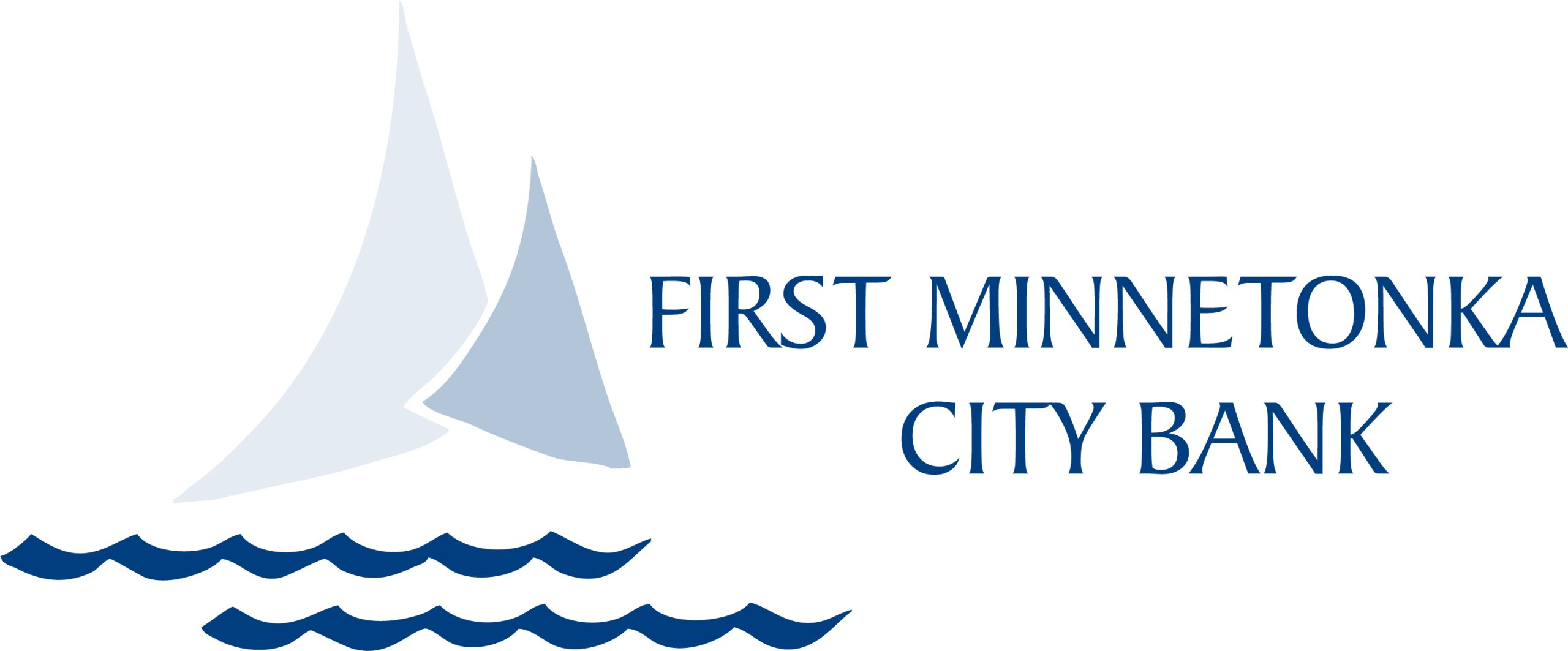Keep Yourself and Your Money Safe
The Federal Deposit Insurance Corporation (FDIC) is working with federal and state banking agencies and financial institutions to assist customers affected by the coronavirus disease 2019 (COVID-19) global pandemic. The following information is more important than ever during these challenging times.
Social Distancing & Mobile Banking Technology
Advances in mobile banking technology enable you to exercise social distancing and conduct banking transactions at the same time. Banking technology and services provide the convenience of conducting banking transactions with your computer, smartphone, or mobile computer device. If you aren’t using these services, ask your bank if the following are available to you and how you can activate them.
Explore all the ways to safely bank with First Minnetonka City Bank:
|
Still need to visit a banker? Our drive-up windows are open and ready to help. Call us if an in-person appointment is preferred.
Safest Place to Keep Your Money
Some banks may have adjusted hours or services to observe Centers for Disease Control (CDC) guidance on social distancing, but that doesn’t change the fact that an FDIC-insured account remains the safest place for you to keep your money. FDIC’s Electronic Deposit Insurance Estimator (EDIE) can help you determine deposit insurance coverage based on accounts you already have with a bank or accounts you are considering opening. Find additional help using the EDIE Calculator at FDIC deposit insurance coverage.
Financial Difficulty Resulting from the Pandemic
Areas across the United States are undergoing temporary closure of schools, businesses, and events in an effort to reduce the potential exposure to COVID-19. Albeit necessary to contain the spread of this pandemic, many may experience loss of income because of illness or impacts to their workplace. The FDIC is encouraging banks to work with their customers experiencing the impact of COVID-19 by, for example, allowing them to skip loan payments with no adverse consequences, extending loan terms, and restructuring loans. Contact your bank to discuss your options before skipping any payments or taking any other action contrary to the terms of your loan.
- If you do not think you can pay your loan payments on time, immediately contact your bank. Paying your debts late or not at all can result in penalties, interest charges, and damage to your credit score. Your bank is likely able to work with you on a solution, but it is important to contact them as soon as possible and explain your situation.
COVID-19 Related Scams
Unfortunately, some people may take advantage of COVID-19 by using fraudulent websites, phone calls, emails, and text messages. While claiming to offer “help,” they may be trying to trick people into providing social security numbers, bank account numbers, and other valuable personal information. Do not divulge your bank or credit card numbers or any other personal information over the phone unless you initiated the conversation with the other party and you know that it is a reputable organization.
In addition, you should be cautious about online solicitations. Be on guard against imposters who contact you claiming to be government employees or volunteers and who ask for personal financial information or money.
Reject offers to cash a check for someone in exchange for a fee, even if the bank makes the funds available to you right away, as it may later turn out that the check was fraudulent. The Federal Trade Commission (FTC) has additional information at Avoid Coronavirus Scams.
